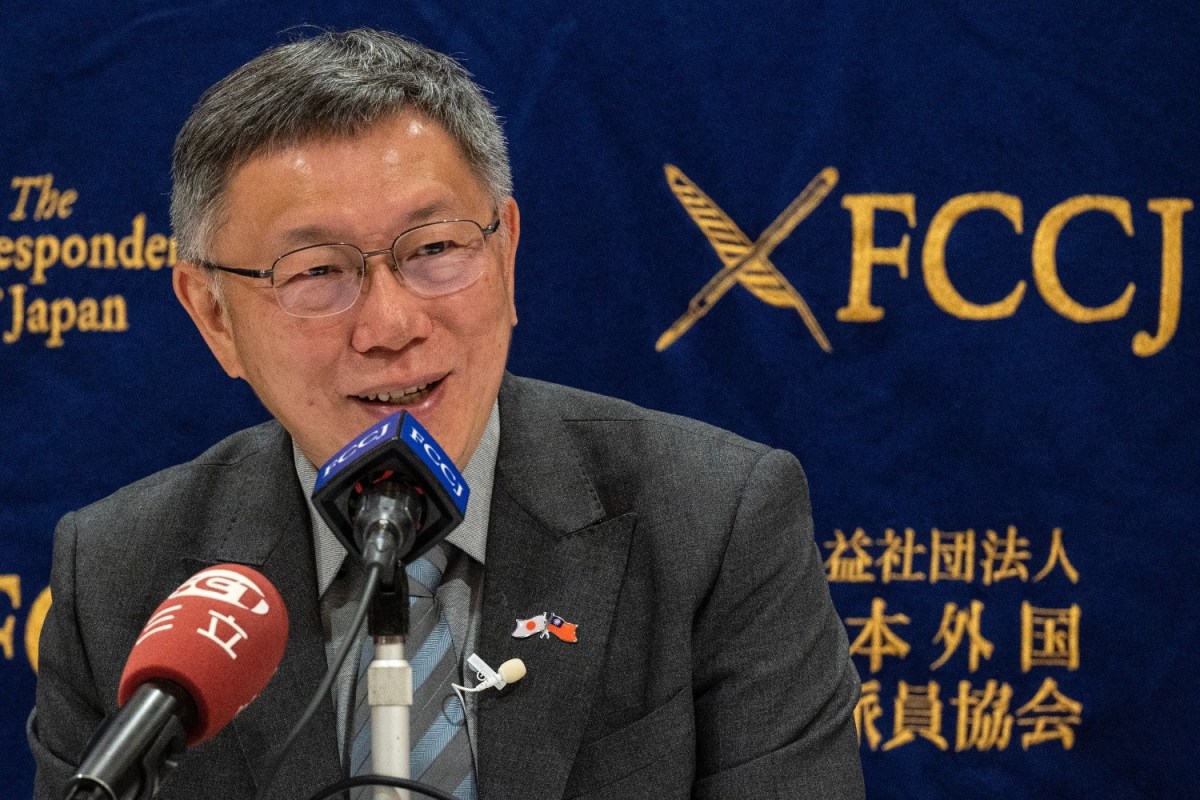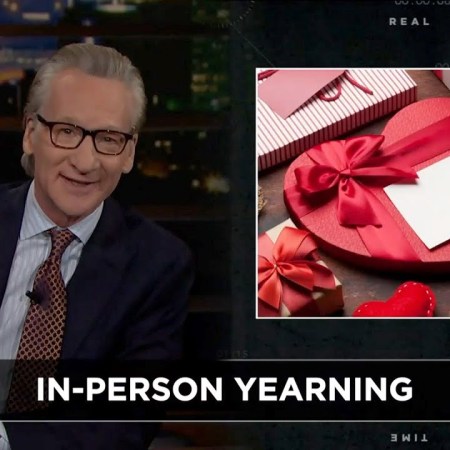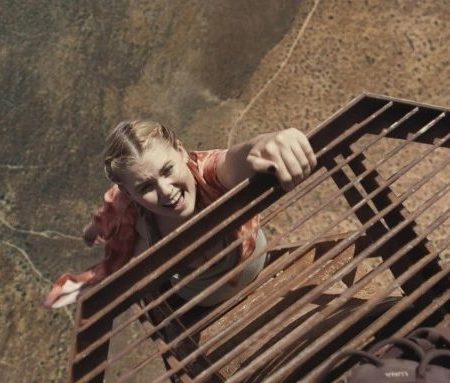In 2019, MIT researchers used deepfake technology to create scarily plausible footage of Richard Nixon delivering a speech he (thankfully) never had to give during his time as President. Since then, machine learning technology has made images and videos featuring public figures even easier to create — and even harder to identify as bogus. That can encompass anything from Pope Francis in a puffy coat to former President Donald Trump being arrested. And it begs the question: What’s next?
Now, we might just have the answer, and it’s coming from Taiwan. As Emanuel Maiberg at 404 Media reports, one of the candidates in Taiwan’s 2024 presidential election is arguing that he’s become the victim of deepfake technology.
The candidate in question is Taiwan People’s Party candidate Ko Wen-je, who has said that audio recordings of him criticizing his opponent, Lai Ching-te, are deepfakes. According to Maiberg’s report, the audio includes accusations that Lai paid people in attendance at his campaign events.
Reality Defender, a tech startup funded by Y Combinator, played a role in identifying the audio as the product of a deepfake, according to the Taiwanese Ministry of Justice Investigation Bureau. Reality Defender CEO Ben Colman told 404 Media, “We cannot confirm specific clients or usage of Reality Defender.”
These Tom Cruise Deepfake TikToks Are Scarily Accurate
We’ve reached the age of the “undetectable deepfake,” according to an expert.These clips may be the highest-profile cases of deepfakes being used to influence a political election, but they’re unlikely to be the last. What’s especially alarming is the idea that the technology seems to be getting more advanced by leaps and bounds — making it a case of when, rather than if, a deepfake will end up doing serious damage to a candidate’s reputation.
Thanks for reading InsideHook. Sign up for our daily newsletter and be in the know.


















